SAP is a global company specializing in business software, including customer relationship management, enterprise resource planning, supplier relationship management, and more. SAP began in 1972 in Waldorf, Germany, under the leadership of five former IBM engineers who wanted to offer standardized software for integrating business processes. Today SAP has more than 345,000 customers and more than 84,000 employees.
SAP reports that 87 percent of Ford Global 2000 companies and 98 percent of the 100 most valuable brands use SAP solutions. In addition, 100 percent of the top scoring companies reported by Dow Jones also use SAP, and 4 out of 10 major German companies rely on the ERP system from Waldorf.
To meet the need for qualified professionals, SAP offers an extensive certification program to ensure excellent product and customer support and to close the IT skills gap. The SAP certification program currently includes more than 350,000 certified SAP experts worldwide.
Overview of the SAP Certification Program
SAP offers more than 150 certifications, each of which is focused on a specific SAP product. You can search SAP certifications on the company's Website by product, solution category or delivery method, and location. Certifications are typically found at the associate, subject, or professional level, which can be understood as follows:
User certifications: These are aimed at people who are not yet familiar with SAP solutions and have familiarized themselves with SAP technologies in manuals or training courses.
Expert certifications: These build on the references of the associate level and identify professionals with skills in specific components or roles.
Professional certifications: These certifications distinguish people with a sound knowledge of SAP solutions and practical experience.
No prior knowledge, training or other certifications are required for Associate and Professional level certification. To receive a professional certificate, candidates must have an Associate level credential.
Furthermore, SAP certifications do not require re-certification. But to ensure that your qualifications remain current, SAP monitors your logon credentials and notifies you if one or more of your logon credentials are out of date. The company develops delta checks when an SAP solution is released that has undergone significant changes. Certification holders must take one or more delta exams within six months to keep their skills, knowledge, and certifications up-to-date.
SAP certification exams
User and Professional Level certifications require a single exam. For Professional Certification, candidates must pass both the Professional and the User exams. You can purchase an exam voucher from the SAP Web site and take the exam at an SAP Training Center.
Some certifications are available in the cloud via SAP certification. With SAP Certification Hub, you can take up to six exams over a 12-month period for an annual subscription of €500. (The fee for certification in the cloud is roughly equivalent to the cost of an exam at a physical test center. So it may be worth taking the time to check which certificates are available through the Cloud Program.
SAP Solution Categories
Those familiar with SAP certifications may recall that in the past, certifications were classified according to job roles such as system administrator, system architect, and developer. While job roles still play an important role in the certification program, SAP now classifies its certifications by solution categories. This makes it easy for SAP professionals to find training and certifications that match their areas of interest and expertise within a company. There are different solution categories:
• SAP Ariba Procure-to-Pay (P2P)
• SAP Business One
• SAP BusinessObjects
• SAP Customer Relationship Management
• SAP Enterprise Resource Planning
• SAP HANA
• SAP NetWeaver
• SAP Solution Manager
• SAP Supplier Relationship Management
• SAP Supply Chain Management
• SAP Sybase Adaptive Server Enterprise (SAP Sybase ASE)
• Enterprise Mobility Solutions
• Industry Solutions
In these categories, most certifications fall into the user level, but you will also find many professional and specialized certifications in the entire SAP certification portfolio. SAP lists all current certification exams here. Since we cannot cover all categories and certifications in this article, we take a look at some of the most popular SAP certification solution categories to give you an overview of what SAP has to offer.
SAP NetWeaver
SAP NetWeaver is a popular platform; here you can find SAP NetWeaver certifications that focus on managing SAP applications such as ERP, CRM, Java, and ABAP, as well as Business Warehouse, Portal, integration technologies, and development. The available certifications vary by category, but here are some examples of these current certifications:
Administration: Technology Associate - SAP NetWeaver 7.4,
Technology consultant OS/DB Migration for SAP NetWeaver 7.4
Warehouse: Application Associate - Business Intelligence with SAP NetWeaver 7.0
Portal: Technology Associate - SAP Enterprise Portal 7.4.0
Technologies for process integration: Development employees/technology employees - Process integration with SAP NetWeaver 7.31
Programming of ABAP: Development employees - ABAP with SAP NetWeaver 7.40 or 7.50
SAP also offers numerous NetWeaver training courses, including training for project teams.
SAP Solution Manager
When you think of technical support, think of SAP Solution Manager. SAP Solution Manager enables professionals to manage complete SAP-based solution environments, including selection and implementation, daily operations, and ensuring system reliability.
SAP offers numerous training opportunities and certifications to prepare professionals for working with SAP Solution Manager. Training is divided into several subcategories, including general solution overviews, project management, End-to-End solutions, configuration, and application.
SAP offers various certifications for those responsible for implementing and maintaining systems with Solution Manager, including several Certified Technology Associates specializing in change control management, business process monitoring, and business process interface monitoring. Each certificate comes with its own roadmap of recommended training.
One of the interesting SAP Solution Manager certificates is the SAP Certified Associate Project Manager. This certificate goes beyond traditional project management skills and focuses specifically on the validation of skills required to manage SAP projects. The exam topics include data management, key results in the work process, business process management, management of technical solutions including the ASAP methodology, implementation of SAP projects, Enabling-tools, key concepts for ASAP, training within the SAP methodology, change management, SAP NetWeaver capabilities, test and cutover management, and "Running SAP like a factory" with enabling tools.
SAP Sybase Adaptive Server Enterprise (SAP Sybase ASE)
SAP maintains a complete training and certification portfolio for anyone interested in DB administration, integration, security, development, or performance. In addition to SAP ASE, these include SAP IQ, SAP Replication Server, SAP Power Builder and SAP Power Designer.
The SAP ASE portfolio has two subcategories: ASE Administration and ASE Development. Each offers an individual Technology Associate certificate.
The ASE Administration track includes the Technology Associate - Database Administrator for SAP Sybase ASE 15.7. Exam topics are:
• Database-Backup
• Serverconfiguration
• Tuning with Logical Process Management
• Transactions with Transact-SQL functions
• Architecture and Installation
• Maintenance
• Security
• Table Management
• Database Management and
• Data Analysis
The training focuses on SAP Adaptive Server Enterprise and includes a fast-track course for career starters. Other courses include System and Database Administration, Performance and Tuning: Configuring Adaptive Server Enterprise and Powering On with Sybase Adaptive Server.
In the ASE Development area, SAP offers the SAP Certified Technology Associate - Development Consultant for SAP Sybase ASE 15.7. This exam validates a candidate's knowledge of data analysis, query optimization and statistics, query access methods, join processing, table and index structure, transaction concepts, stored procedures and optimization, and ASE performance tuning and basics. Recommended courses include Fast Track to SAP Adaptive Server Enterprise and Performance and Tuning: Adaptive Server Enterprise 16.0 Query Optimization.
Related professions, training and resources












